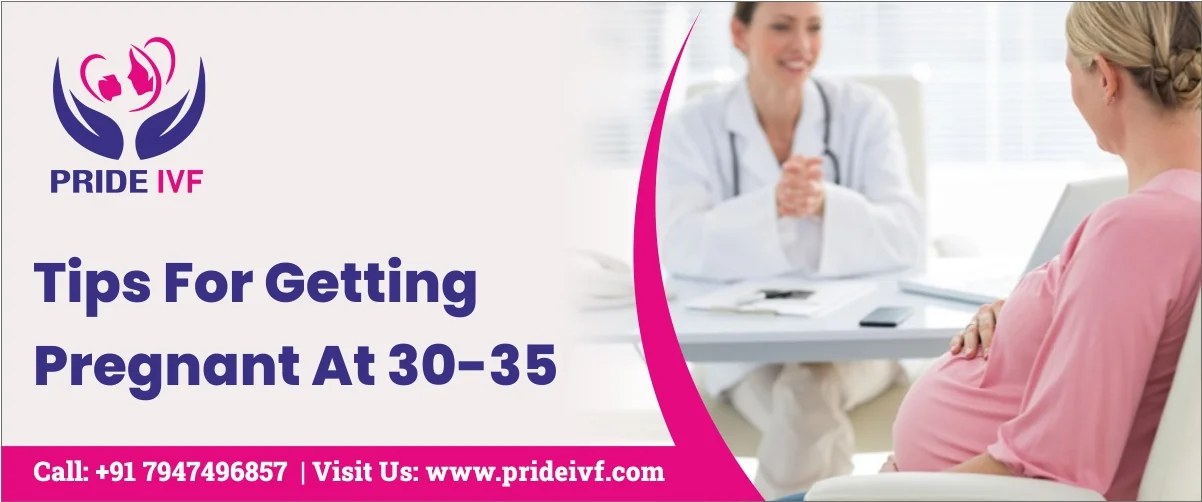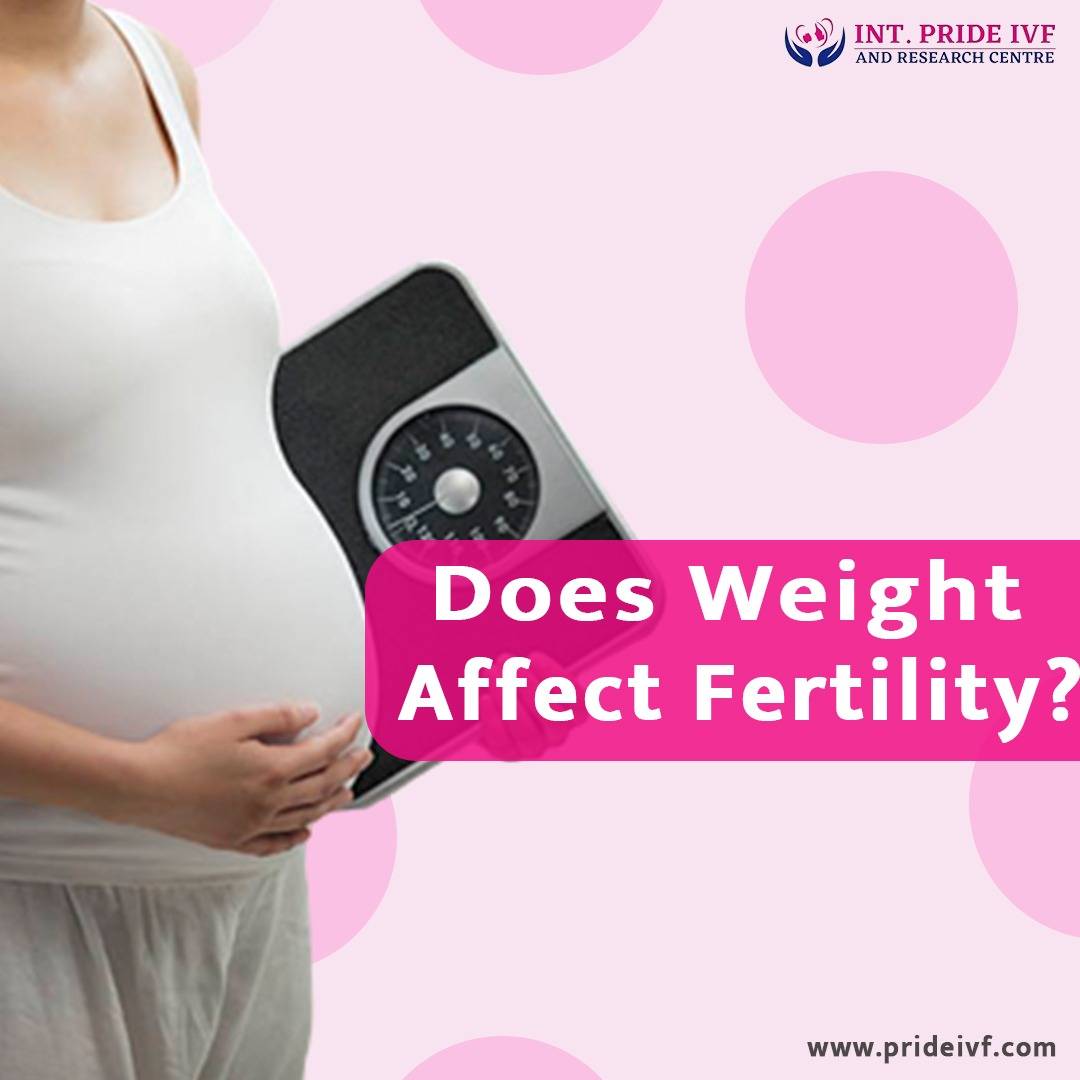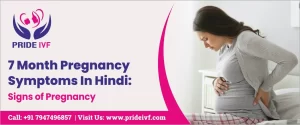Beginning on the journey of parenthood is a significant milestone marked by major physiological and emotional changes. However, as societal trends shift towards delayed childbearing for various reasons, individuals often find themselves contemplating conception within the age range of 30 to 35. While this period offers distinct advantages, such as emotional maturity and stability, it also presents unique considerations concerning reproductive health. In this article, we’ll talk about tips for getting pregnant 30-35 age range informed by medical science for individuals seeking to optimize infertility.




Tips to Get Pregnant at 30-35
As the world modernizes, the chances of getting married after 35 are increasing, and there’s also a rise in pregnancies happening later in life. Here are a few tips that can help you boost your fertility (How to Boost Fertility in Your 30s) and get pregnant in your 30s:
Quit Alcohol
The deliberate and complete cessation of alcohol consumption is crucial for optimizing reproductive health, particularly during the preconception period. Chronic alcohol intake disrupts hormonal balance and impairs gametogenesis, leading to suboptimal fertility outcomes in both men and women. Ethanol’s detrimental effects on the hypothalamic-pituitary-gonadal (HPG) axis disrupt ovulation, sperm production, and sperm motility, diminishing the likelihood of successful conception. Alcohol’s impact on liver function alters estrogen metabolism and testosterone levels, further exacerbating reproductive dysfunction.
De-stress yourself
De-stressing yourself is one of the necessary tips for getting pregnant in 30-35. Chronic stress triggers the release of cortisol, a hormone that can disrupt the delicate balance of reproductive hormones, leading to irregular menstrual cycles, ovulation issues in women, and decreased sperm quality in men. Techniques such as mindfulness meditation, deep breathing exercises, yoga (fertility yoga poses), and regular physical activity have been shown to lower cortisol levels and promote relaxation, thereby enhancing fertility. Additionally, seeking support from a therapist or counselor can provide valuable coping strategies for managing stressors effectively.
Add Folic acid to your diet
Adding folic acid to your diet is essential for enhancing reproductive health for individuals planning to conceive. Folic acid, a B vitamin, plays a critical role in DNA synthesis and cell division, making it crucial for the development of a healthy embryo. Adequate folate intake before conception and during early pregnancy significantly reduces the risk of neural tube defects, such as spina bifida, in newborns. Adding folic acid-rich foods to your diet, such as leafy green vegetables, legumes, fortified grains, and citrus fruits, can help ensure sufficient intake. Taking a daily prenatal vitamin containing folic acid is recommended for women planning to conceive, as it provides a reliable source of this essential nutrient.
Reduce your carb intake
Reducing carbohydrate intake can positively impact fertility and is one of the best tips for getting pregnant in the 30 -35age range (how to increase fertility in women after 35). High-carbohydrate diets, particularly those rich in refined sugars and processed grains, can lead to insulin resistance and hormonal imbalances, which may disrupt ovulation and menstrual regularity in women and decrease sperm quality in men. By focusing on complex carbohydrates such as whole grains, fruits, and vegetables, individuals can stabilize blood sugar levels and improve insulin sensitivity. Reducing carbohydrate intake may aid in weight management, as excessive carbohydrate consumption can contribute to excess adiposity, which is associated with decreased fertility.
Check your BMI
Checking your Body Mass Index (BMI) is crucial for optimizing fertility, particularly for individuals aged 30 to 35 planning to conceive. BMI serves as an indicator of body composition and weight status, with both underweight and overweight extremes associated with fertility challenges. A BMI below or above the healthy range (18.5-24.9) can disrupt hormonal balance, leading to irregular menstrual cycles, ovulatory dysfunction, and decreased sperm quality. Modest weight loss or gain within the recommended BMI range can significantly improve fertility outcomes, increasing the likelihood of successful conception. You can visit Pride IVF Centre in Delhi to get your BMI assessed. Our gynecologists develop personalized strategies for achieving a healthy weight that can optimize reproductive potential and pave the way for a healthy pregnancy (Also Read: How Is IVF Pregnancy Different From Natural Pregnancy?).
Take vitamins and mineral supplements
One of the essential tips for getting pregnant in 30-35 age range is taking crucial vitamins and mineral supplements. They support processes such as gametogenesis, embryo development, and hormonal regulation. While a balanced diet should ideally provide all necessary nutrients, supplementation may be necessary to ensure adequate intake, particularly for those with dietary restrictions or inadequate nutrient absorption. Key supplements for fertility include folic acid, which reduces the risk of neural tube defects. Vitamin D enhances hormonal balance and supports embryo implantation. Iron which prevents anemia and promotes healthy ovulation. Omega-3 fatty acids support sperm health and embryo development.
Lets get started
Engage in mind-body therapies
Engaging in mind-body therapies can promote relaxation, reduce stress, and enhance overall well-being, all of which are essential for optimizing reproductive health. Practices such as acupuncture, meditation, yoga, and hypnotherapy have been shown to modulate the body’s stress response, regulate hormonal balance, and improve fertility outcomes. Acupuncture, for example, promotes blood flow to the reproductive organs and regulates menstrual cycles, while meditation and yoga reduce cortisol levels and promote emotional resilience. This is the tip for getting pregnant in 30-35 age range that most experienced practitioners advise for fertility enhancement.
Avoid Sugar
Excessive sugar consumption can disrupt hormonal balance, leading to insulin resistance and inflammation, which negatively impact reproductive function. High levels of insulin can inhibit ovulation in women and decrease sperm quality in men, reducing the likelihood of successful conception. Sugar consumption has been linked to irregular menstrual cycles, polycystic ovary syndrome (PCOS), and other reproductive disorders. Opting for natural sweeteners such as honey or maple syrup and focusing on whole, nutrient-dense foods can help create a fertility-friendly diet.
Track ovulation
Ovulation, the release of a mature egg from the ovary, marks the most fertile phase of the menstrual cycle. When asked by our gynecologists how to boost fertility in your 30s at Pride IVF, our answer remains identifying the timing of ovulation can maximize your chances of conception by timing intercourse during the fertile window. Various methods can be used to track ovulation, including ovulation predictor kits, which detect hormonal changes indicating imminent ovulation, and tracking basal body temperature, which rises after ovulation has occurred.
Also Read: At What Age Should A Woman Stop Trying To Conceive.
Conclusion
Treating your fertility in your thirties can be both exciting and challenging, but with the right strategies and lifestyle modifications, achieving pregnancy between the ages of 30 and 35 is entirely feasible. It’s crucial to recognize that the path to parenthood differs for each person, necessitating patience, optimism, and confidence in your body’s natural capacity to nurture life. Remember that every individual’s journey to parenthood is unique, so be patient, stay positive, and trust in your body’s innate ability to create life.




